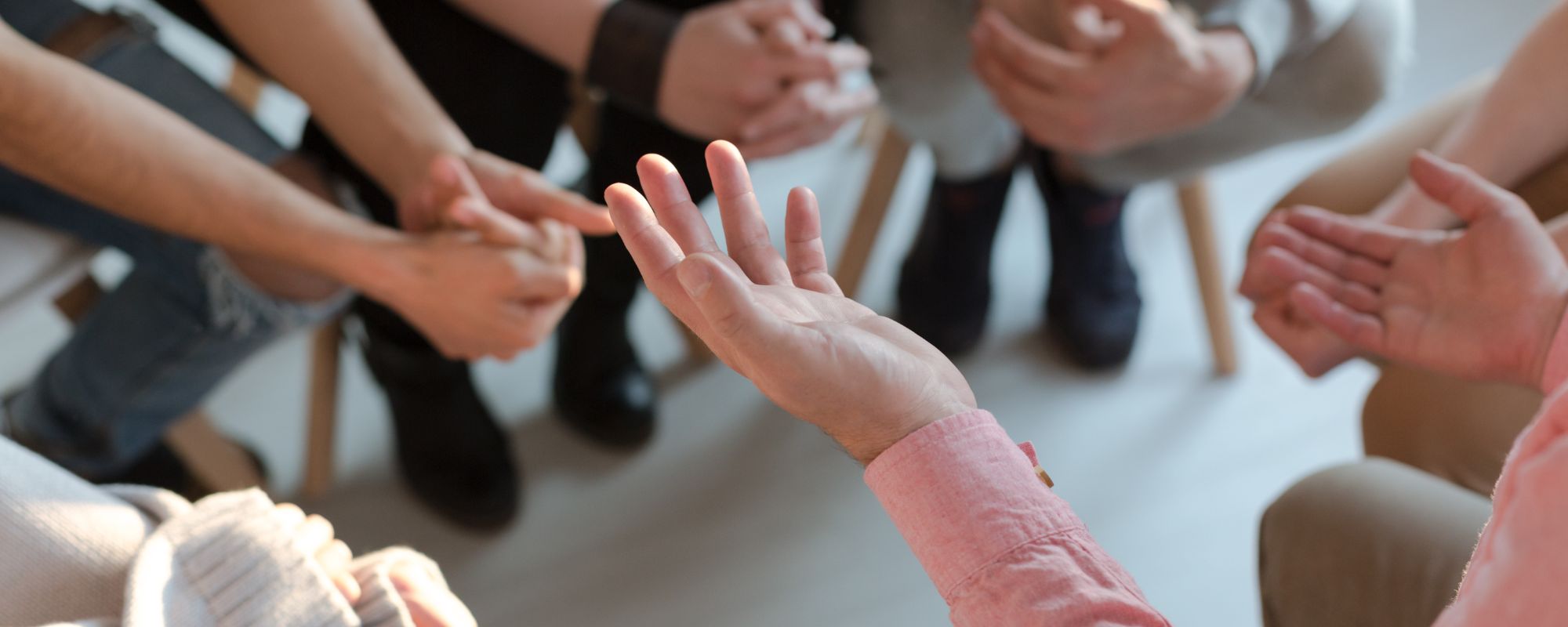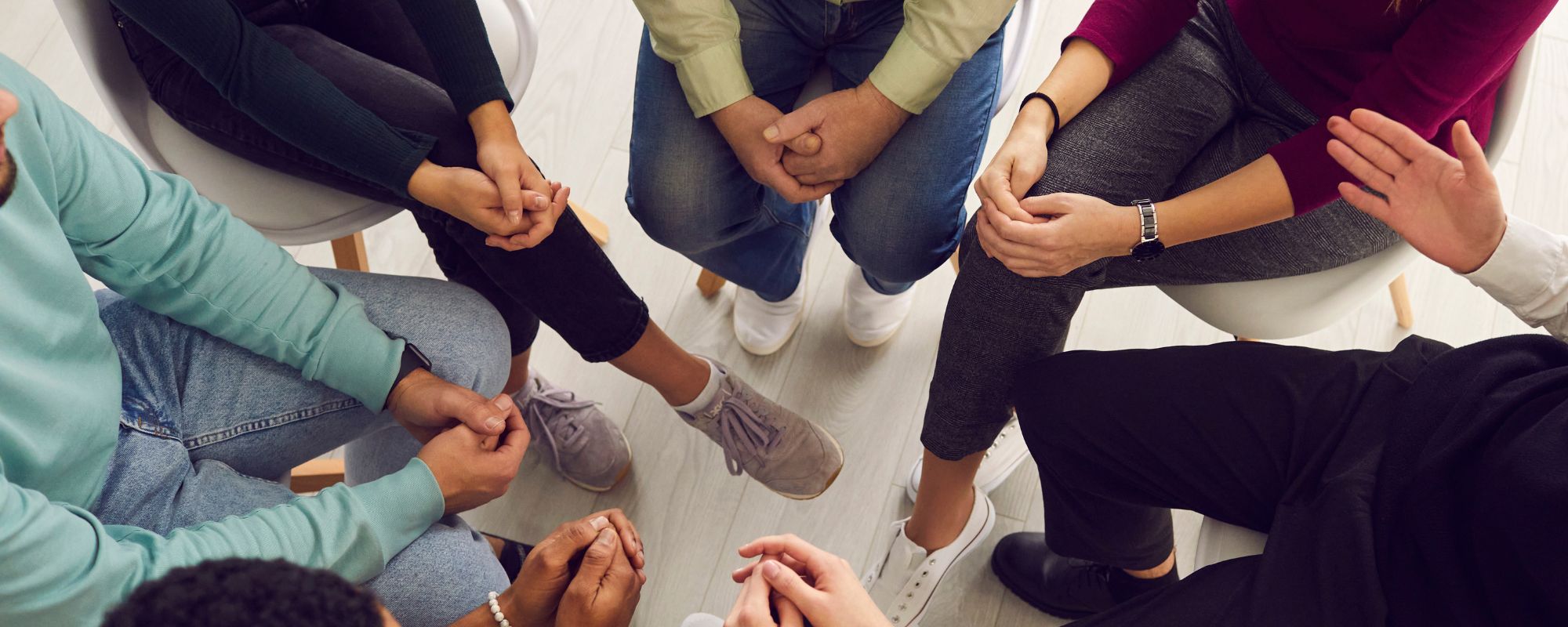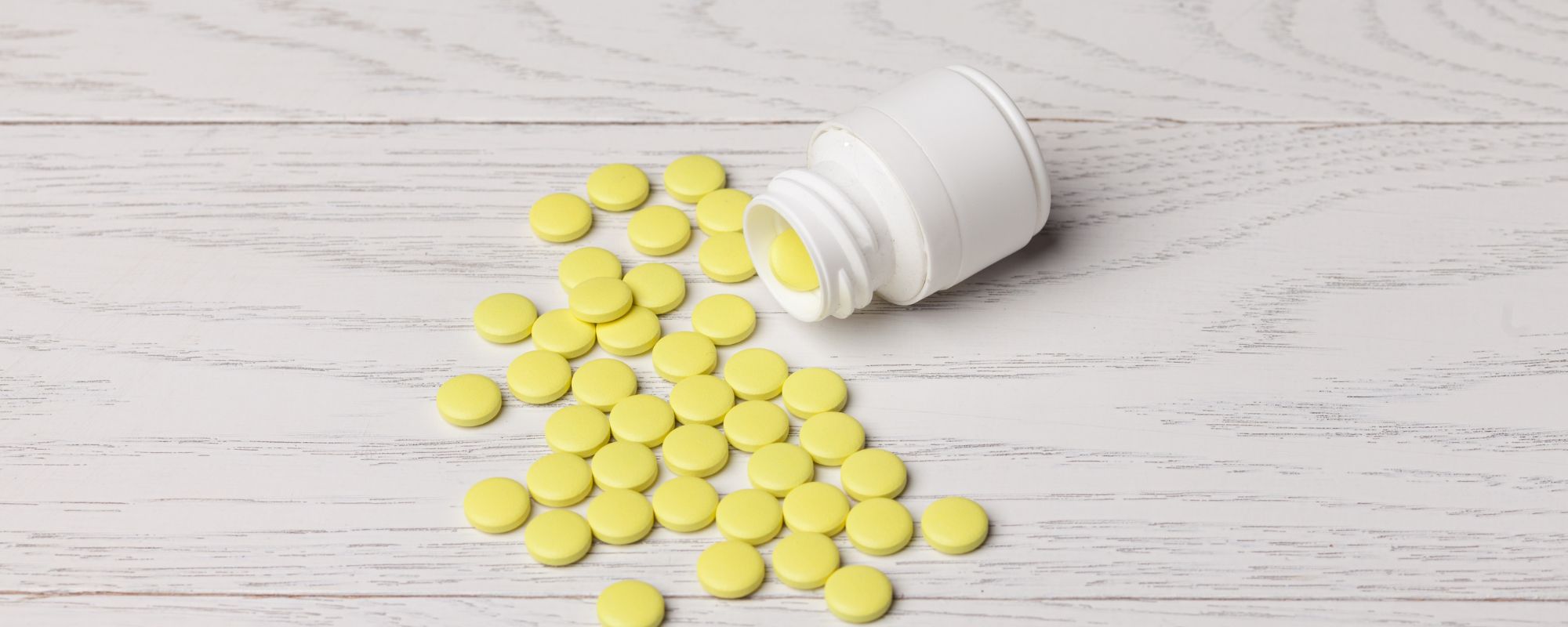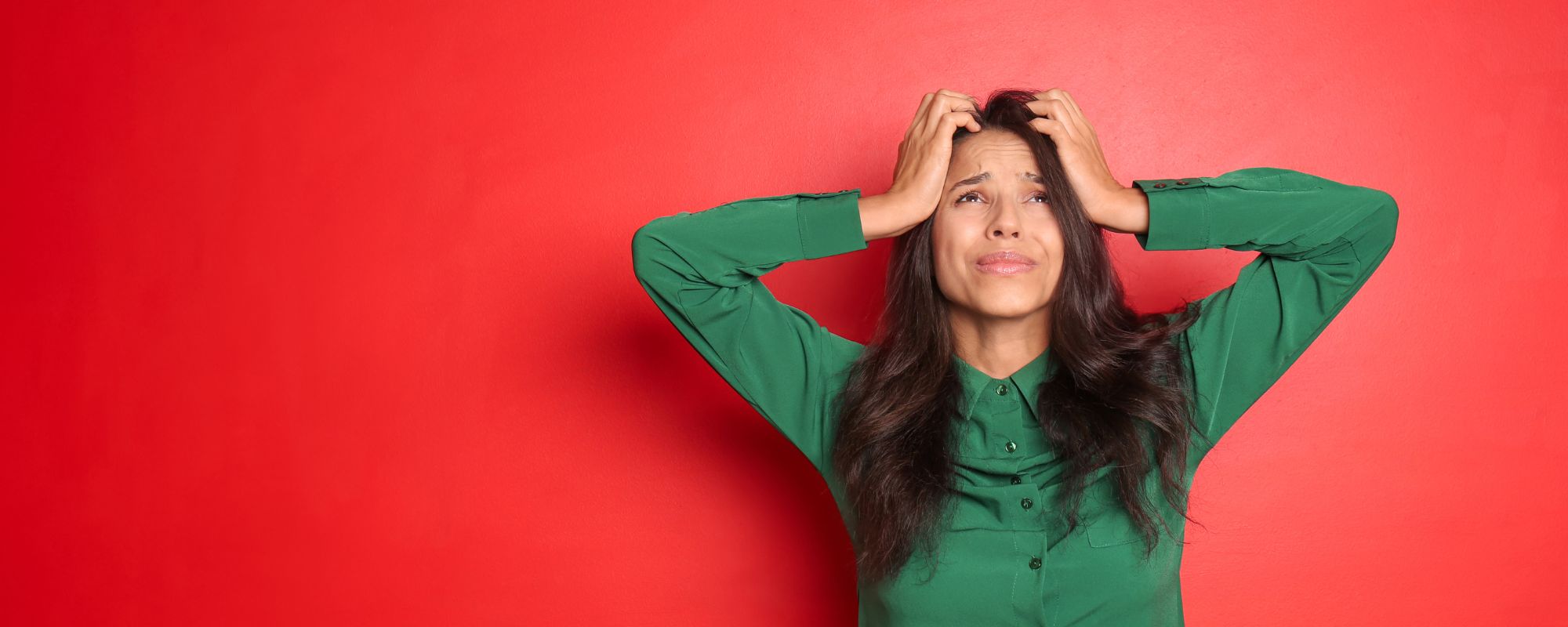What Is LSD?
LSD (lysergic acid diethylamide) is a man-made psychedelic drug that alters the way users see and experience the world around them. Its name comes from the fungus used to make it, called lysergic acid. LSD is a hallucinogen that affects the brain by altering its regular processing of sensory input.
People use LSD recreationally because of the way it alters their perception of reality. While there are certainly physical side effects, many sensory changes occur during an LSD “trip.”
LSD was first created in the 1930s, but it really came into the drug scene as a potent favorite substance in the 1960s and 1970s with rave culture. LSD is also known by an assortment of street names including acid, Lucy, dots, window pane, and mellow yellow.
What Are the Side Effects of LSD?
Like any hallucinogenic, LSD comes with side effects apart from the altering of your sensory input. While euphoria or hallucinations are likely internal outcomes, common physical effects of LSD are:
- Enlarged pupils
- Nausea
- Headaches
- Increased heart rate
- High blood pressure
- Sweating and/or body chills and aches
- Loss of hunger
- Difficulty sleeping
Aside from physical reactions to LSD, the psychedelic can bring about many mental effects. These may vary by person, as well as by event. Even if you’ve taken LSD before, your side effects and symptoms might be entirely different on your next trip. This is partially because the drug enhances the way you’re already feeling, whether that’s in a contented mood or a depressive state.
The following are some typical mental reactions to LSD:
- Hallucinations and delusions
- Changed perception of time and space
- Relaxation or tiredness
- Sensory crossover, such as seeing sounds or feeling colors
- Extreme feelings
- Dramatic mood changes
- Disorientation and impaired decision-making
Due to the drug’s ability to enhance emotions and perceptions, users may experience extreme highs and lows while under the influence. This can be both exhilarating and frightening for some, so it is crucial to have a supportive and safe environment while using LSD.
How Long Does LSD Stay in Your System?
How long does LSD last? Generally, an acid trip begins to impact you in 20-90 minutes and will persist for about 12 hours, though it could be less if your tolerance is high.
Sometimes the effects of the drug will last far longer than the trip itself. Psychosis and confusion can continue to plague LSD users long after they’ve dosed, and “flashbacks” (post-LSD hallucinations) have been reported as far as years in the future. Acid flashbacks are real occurrences that can be terrifying due to how unexpected the sudden sensory distortion is.
Just like alcohol, hallucinogenic drugs break down in a person’s body at a rate dependent on varying factors. However, you can expect acid to be detectable in urine tests for up to three days after dosing.
You might be wondering how to stop the effects of LSD. Once you’ve taken the drug, there’s no way to stop or slow down the effects. Unfortunately, you will have to ride out the trip, which can be a frightening experience during a bad trip that stretches over many hours.
What Does Coming Down From LSD Feel Like?
The side effects of “coming down” from an LSD trip are often referred to as a “crash.” This is because the drug allows for an intense and heightened whole-body experience, which can result in feelings of exhaustion and emotional overload once it wears off.
As people “come down” from an LSD trip, they may experience additional symptoms such as:
- Anxiety, panic, or paranoia
- Depression
- Aches and pains
- Lethargy or fatigue
- Sleep irregularities
The mental side effects of LSD can linger long after the physical effects have subsided. It is not uncommon for users to experience mood swings or changes in perception for days or even weeks following their trip. While some people find these lingering effects enjoyable, others feel overwhelmed or anxious. For this reason, it is important to be aware of the potential risks of using LSD.
Get confidential help from our addiction and mental health treatment facilities located across the United States. Call to join one of our quality programs today!
Speak With Our Admissions TeamCan You Overdose on Acid?
Since LSD drug is a powerful hallucinogenic, it’s easy and common for people to overdose on the substance. LSD is an unpredictable drug that, while always strong, has differing effects on your perception, resulting in some “good trips” and some “bad trips.” It’s impossible to accurately predict when the drug will result in feelings of euphoria or will create the opposite effect, such as feelings of intense anxiety, paranoia, or terror.
What Is a Bad Trip?
One of the most concerning effects of LSD on mental health is the potential for a “bad trip.” This occurs when a user experiences intense negative emotions or frightening hallucinations during their trip. These experiences can be traumatic and may lead to long-term psychological effects such as anxiety, depression, or even post-traumatic stress disorder (PTSD).
It is important to note that the risks associated with LSD are not solely related to its impact on mental health. The drug can also have physical side effects such as increased heart rate and blood pressure, dizziness, and nausea. It should never be taken lightly or without proper precautions.
If you or someone you know is struggling with LSD use, seeking professional help and support is crucial. A therapist or addiction specialist can provide effective treatment options and help address any underlying issues that may be contributing to drug use.
Is LSD Addictive?
While the use of LSD does not result in physical dependence, abusing LSD can result in psychological dependence and addiction. For this reason, many people find themselves stuck in a cycle of abuse with the psychedelic. This is partially because consecutive days of use decrease the hallucinogenic effects. The more you use LSD, the higher your tolerance will become, which means you’ll need to take more to receive the same effects you once got from low doses.
Microdosing LSD is another common intake of the drug. This involves using recreational doses to promote creativity and focus. However, due to the unpredictable nature of acid, positive results are never guaranteed. A common misconception is that microdosing won’t lead to addiction, but even small amounts can cause dependency.
Looking for quality treatment for substance abuse and mental health that’s also affordable? Aliya Health Group's treatment facilities accept most major insurance providers. Get a free insurance benefits check now!
Check Your CoverageAddiction Treatment at Aliya Health Group
We at Aliya Health Group aim to provide those struggling with the tools and resources they need to break the cycle of addiction. Knowing that everyone recovers from addiction differently, we offer a mixture of inpatient, outpatient, and aftercare treatment.
Inpatient and Outpatient Care
Our team will work with you to determine whether inpatient or outpatient treatment is the best step to provide you with the help you need. Sometimes people need a full reset in one of our treatment centers, while other clients need more of a lifestyle balance with outpatient treatment.
Therapy sessions that may be recommended to you or your loved ones include acceptance and commitment therapy (ACT), cognitive behavioral therapy (CBT), group therapy, family therapy, or individual therapy. However, with over ten centers and a team of certified medical professionals, we’ll work with you to provide you with unique care.
Aftercare Options
After receiving guidance and working with our specialists, it’s important to surround yourself with a strong support system. Whether you can lean on family, friends, or other loved ones, it’s essential that you know you don’t need to go into the next transition period alone.
Making new habits and asking your support system—including the team at Aliya Health Group, who are with you every step of the way—to help hold you accountable will also bring you encouragement on your recovery journey. Further aftercare options we can provide include comprehensive case management (helping connect you with health practitioners and the services you might have missed out on during addiction), mindfulness support, individual support, and support groups.
Reach Out for Help With LSD Use
If you or a loved one would like more information about LSD addiction and its treatment options, you can call us today at 888-973-2078. We’re here for you and you never have to struggle alone. Whether you have further questions or are ready to get counseling and treatment for LSD addiction, please reach out and let us help you make the change when you’re ready.

















